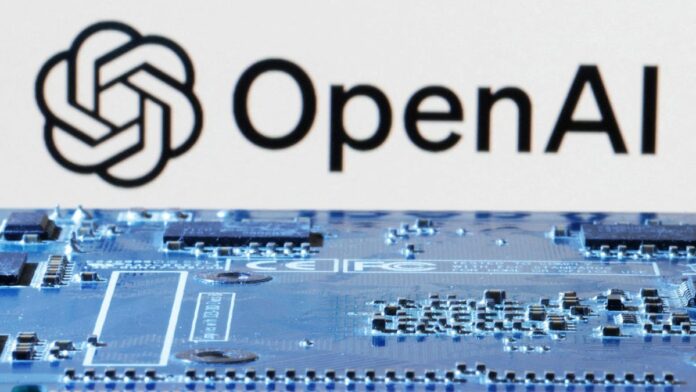Just seven years after being founded, OpenAI’s annual run rate—a measure of one month’s revenue multiplied by 12—hit the $2 billion revenue mark in December 2023, two people familiar with the knowledge told the Financial Times. That puts the AI startup among a handful of companies, including Google and Meta, to have made billions in revenue within just a decade of existence.
For Google, specifically, it took five years to make its first billion in revenue, according to a report by City Index, a financial services firm. Meta, meanwhile, hit its first billion in six years. In fact, one of the fastest companies to make its first billion wasn’t one of the Big Tech names at all—Booking Holdings, which owns Booking.com and Kayak, generated $1 billion in just three years.
OpenAI’s beginnings
Launched in 2015, OpenAI started out as a nonprofit focused on building software that could replicate human intelligence and capabilities—what the company now defines as “general artificial intelligence;” it was founded by a group of Silicon Valley titans including Sam Altman, Elon Musk, Peter Thiel, and LinkedIn co-founder Reid Hoffman.
In Nov. 2023, the San Francisco-based company launched its chatbot ChatGPT, which skyrocketed the company to popularity and spurred companies, countries, and industries’ demand for generative AI. The launch of ChatGPT also highlighted the technology’s rapidly growing potential to integrate into work and personal life. OpenAI, which has been targeting enterprise companies, said more than 92% of Fortune 500 companies now use ChatGPT. The chatbot also has 100 million weekly users, according to the startup.
It costs a lot to run AI models
To be sure, profitability is front of mind. Building and running large AI models is expensive, and spending is expected to outpace revenue growth as OpenAI develops more powerful models, as the Financial Times noted. To get a sense of the costs that go into building big AI models, the Wall Street Journal reported last week Sam Altman wants to raise $7 trillion in funding for his AI chip project.
OpenAI also has a profit-sharing agreement with Microsoft, which has invested billions of dollars into the ChatGPT maker. Microsoft said in October that 18,000 customers have bought OpenAI software via its cloud platform Azure.
More broadly, tech giants are starting to commercialize their AI products. Google last week announced that its most advanced AI system Gemini can be accessed via a premium subscription of $20 a month. Microsoft’s AI assistant Copilot, meanwhile, starts at $30 a month.


